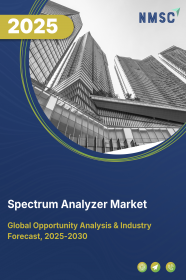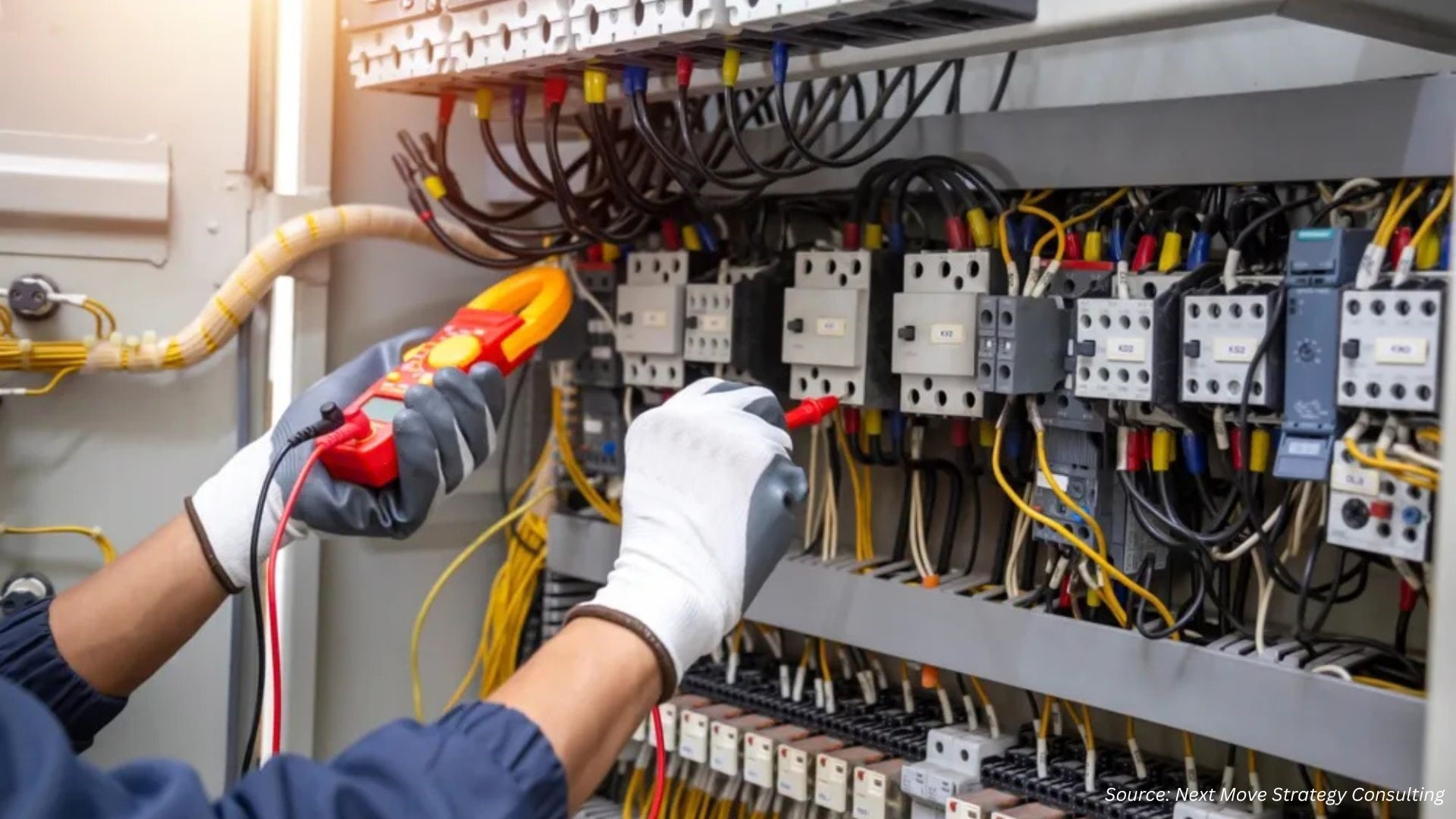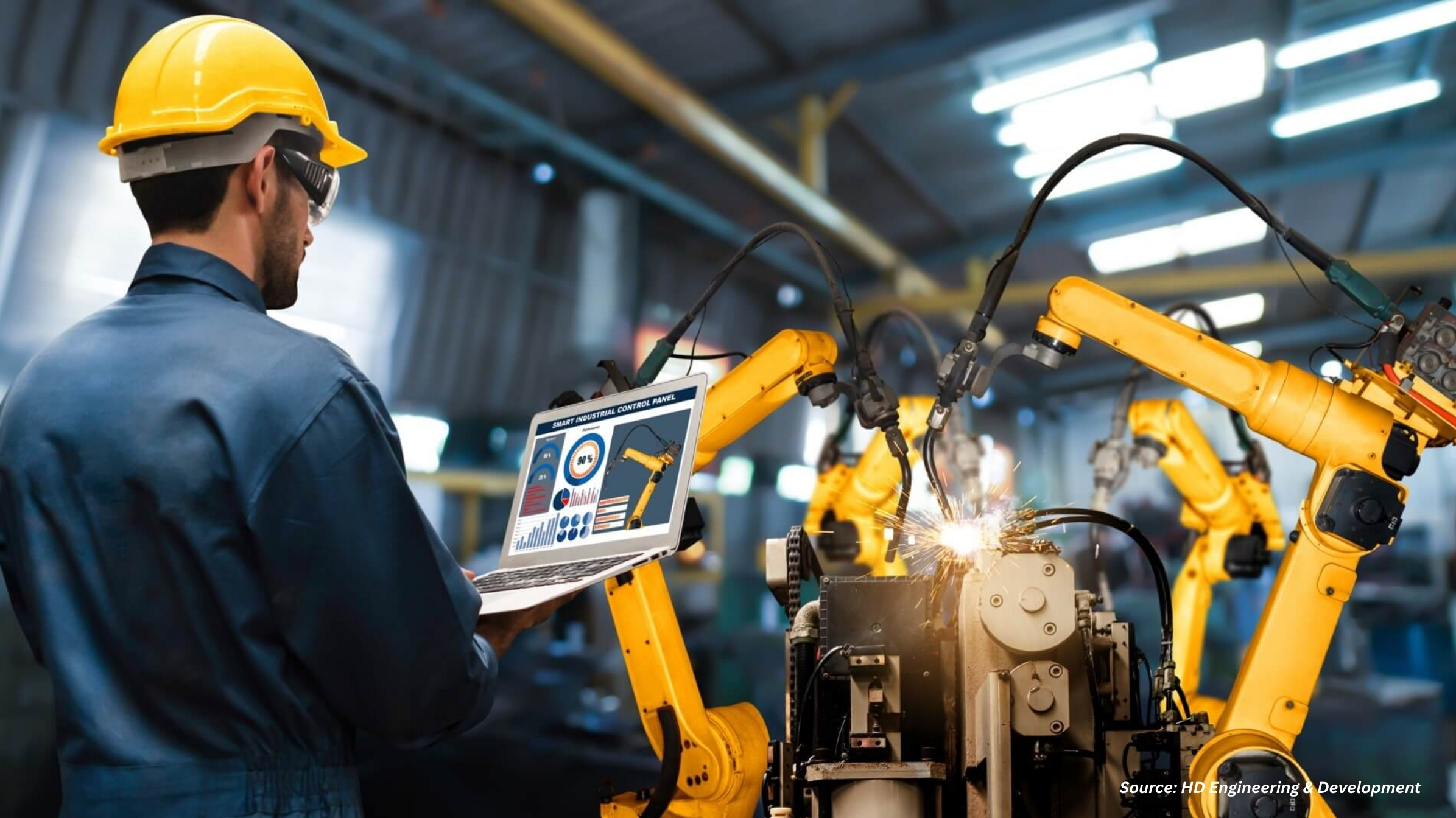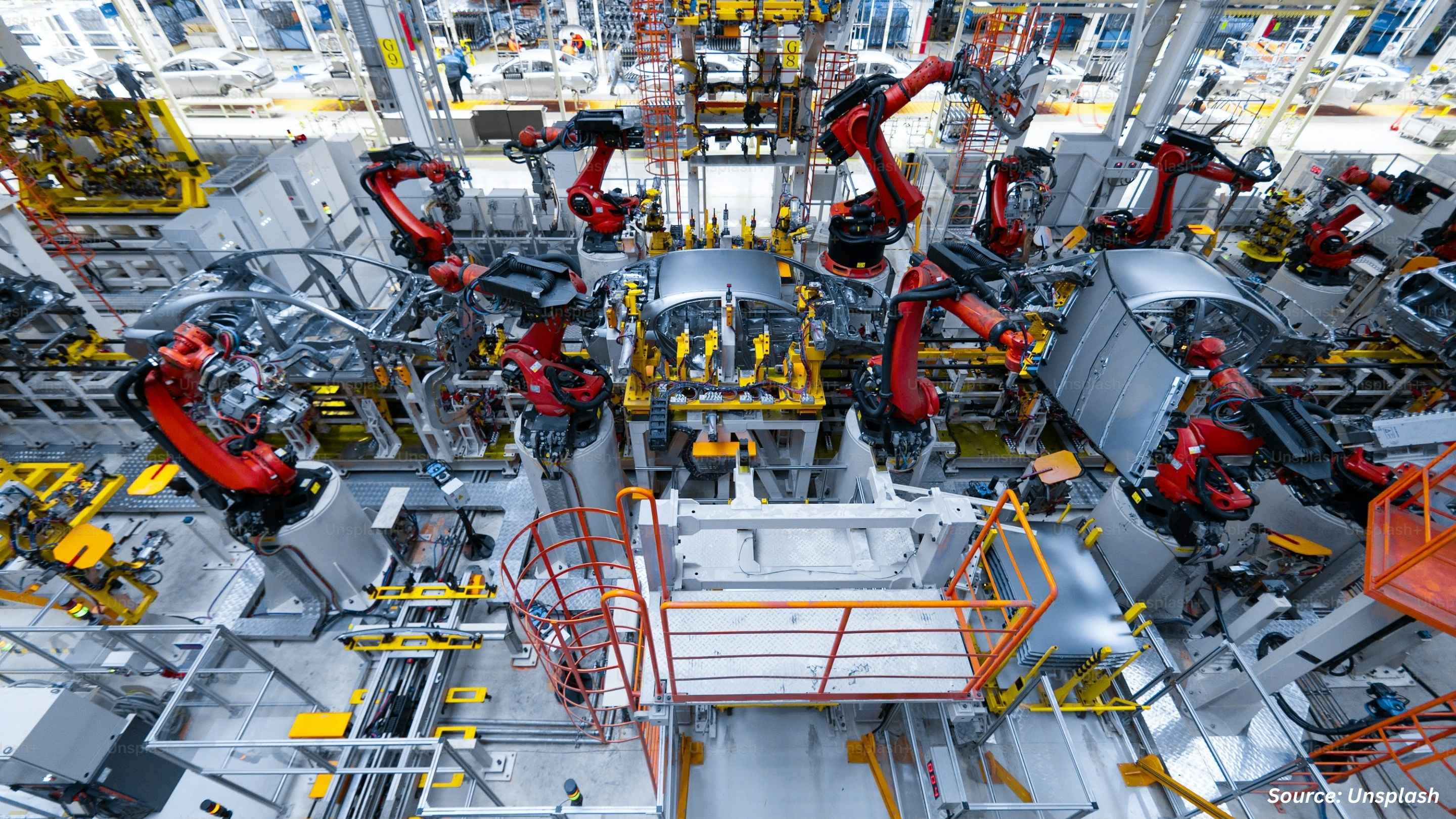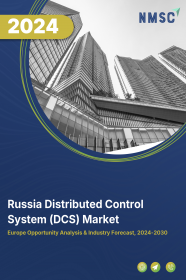
Russia Distributed Control System Market (DCS) by Component (Hardware, Software, and Services), by Architecture (Centralized Controller Systems, Hybrid / Distributed Hybrid Systems, and Fully Redundant High-Availability Systems), by Application (Batch, and Continuous Process), by Project Type (New Construction, Replacement, and Upgrade/Expansion), by Plant Size (Small, Medium, and Large), and by End User (Oil & Gas, and others) - Opportunity Analysis and Industry Forecast 2024–2030
Industry: Semiconductor & Electronics | Publish Date: 20-Oct-2025 | No of Pages: 174 | No. of Tables: 133 | No. of Figures: 78 | Format: PDF | Report Code : SE946
Market Overview
Russia Distributed Control System (DCS) Market was valued at USD 729.04 million in 2023, and is predicted to reach USD 784.14 million by 2030, with a CAGR of 0.9% from 2024 to 2030. A Distributed Control System (DCS) is a computer-based control system widely employed to oversee and automate industrial processes. It comprises a network of controllers distributed throughout industrial facilities, facilitating communication and coordination in the automation of various processes. DCS systems find applications across diverse industries, including but not limited to the chemical, petrochemical, pharmaceutical, food and beverage, and power generation sectors.
These systems are particularly valuable in large-scale industrial processes demanding a high level of automation and control, such as those in oil refineries, chemical plants, and power stations. They serve to regulate and oversee a range of operations, including drilling, refining, blending, manufacturing, filtration, and disinfection, ensuring processes run with precision, efficiency, and safety.
The utilization of DCS systems offers numerous advantages, including enhanced process control, heightened efficiency, and improved safety, along with reduced downtime. DCS achieves this by distributing control functions across multiple controllers, providing redundancy and fault tolerance. This means that even in the event of a controller failure, industrial processes can continue to operate without disruptions.
DCS systems have evolved into indispensable components of modern industrial automation setups, substantially enhancing the reliability and efficiency of industrial processes. Furthermore, they contribute to safety by enabling real-time control and process monitoring. They are capable of detecting potential safety hazards and promptly alerting operators to take corrective measures. DCS systems are also instrumental in predictive maintenance, facilitating proactive maintenance practices that minimize downtime. They collect and analyse data from sensors, offering valuable insights for continuous process improvement.
Government Subsidies and National Priority on Industrial Automation Fuel DCS Demand
The Russian federal government is actively promoting industrial automation as a strategic priority. In March 2025, the government announced RUB 4.62 billion (~US$ 53 million) in subsidies to domestic manufacturers of production equipment and automation systems for the year. Additionally, under the national “Production and Automation Systems” project, the state is emphasizing the expansion of domestic automation platforms and performance metrics for integrated control systems. These policies reduce cost barriers for adoption of DCS platforms and incentivize local system integrators and end-users to upgrade existing plants with advanced distributed control solutions.
Mandatory Cybersecurity Standards for Smart Industries and Digital Infrastructure Uptake
To secure industrial infrastructure, Russia is instituting a new cybersecurity standard for “smart industries,” set to take effect from July 1, 2025, which mandates secure control systems, resilient networks, and certified protection of industrial control systems. As DCS platforms are foundational to these systems, compliance requirements push manufacturers in energy, utilities, chemicals, and other sectors to deploy modern, cyber-hardened DCS architectures rather than legacy or ad hoc control systems. Simultaneously, the government underscores “technological sovereignty” and adoption of domestically controlled digital platforms—reinforcing demand for certified, secure DCS deployments.
Cybersecurity Challenges Pose Risks to DCS Deployment In Russia
As DCS platforms become more networked and digitally integrated, the risk of cyber threats has become a significant concern in Russia. Cyberattacks on industrial control systems can compromise sensitive operational data, disrupt production, and impact critical infrastructure, particularly in energy, chemical, and manufacturing sectors. Addressing cybersecurity vulnerabilities is essential to protect DCS networks, maintain operational continuity, and foster confidence in adopting advanced control technologies. Strengthening security protocols, system monitoring, and compliance with industrial cybersecurity standards are becoming critical enablers for market growth.
Modular and Flexible DCS Systems Open new Opportunities for Industrial Automation
The shift toward modular and flexible DCS architectures is creating new growth avenues in Russia’s automation landscape. Traditional DCS solutions are often centralized and complex, making installation and scaling costly and time-consuming. Modular systems, with scalable architecture and easy integration capabilities, allow industries to customize DCS deployments to meet specific operational needs efficiently. These solutions improve production flexibility, reduce operational costs, and enhance system reliability, driving adoption across sectors such as manufacturing, pharmaceuticals, energy, and petrochemicals. The growing availability of modular DCS platforms in Russia is expected to accelerate the market transition from conventional control systems to more adaptable, cost-effective automation solutions.
Competitive Landscape
The Russia Distributed Control System (DCS) Market industry includes several market players such as ABB Ltd., Azbil Corporation, Hitachi Ltd., Honeywell International Inc., Mitsubishi Electric Corporation, Omron Corporation, Schneider Electric SE, Siemens AG, Toshiba Corporation, Valmet Oyj, Yokogawa Electric Corporation, Emerson Electric Co., Fuji Electric Co., Ltd., PTK-SURA, Insist Automation LLC, and Siemens AG.
Russia Distributed Control System (DCS) Market Key Segments
By Component
-
Hardware
-
Controller
-
I/O
-
Workstation
-
Networking Hardware
-
-
Software
-
Service
-
Integration and Implementation
-
Managed Services
-
Support and Consultation
-
By Architecture
-
Centralized Controller Systems
-
Hybrid / Distributed Hybrid Systems
-
Fully Redundant High-Availability Systems
By Application
-
Batch
-
Continuous Process
By Project Type
-
New Construction
-
Replacement
-
Upgrade/Expansion
By Plant Size (Controller I/O)
-
Small (Greater than 5000 I/O)
-
Medium (5000 to 15000 I/O)
-
Large (Less than 15000 I/O)
By End User
-
Oil & Gas
-
Upstream
-
Midstream
-
Downstream and Refineries
-
-
Chemicals & Refining
-
Energy & Power
-
Thermal Power Plants
-
Renewable and Battery Storage Plants
-
Nuclear Power Plants
-
-
Pulp & Paper
-
Metals & Mining
-
Pharmaceutical & Biotech
-
Food & Beverages
-
Cement & Glass
-
Water & Wastewater
-
Others
Key Players
-
ABB Ltd.
-
Azbil Corporation
-
Hitachi Ltd.
-
Honeywell International Inc.
-
Mitsubishi Electric Corporation
-
Omron Corporation
-
Schneider Electric SE
-
Siemens AG
-
Toshiba Corporation
-
Valmet Oyj
-
Yokogawa Electric Corporation
-
Emerson Electric Co.
-
Fuji Electric Co., Ltd.
-
PTK-SURA
-
Insist Automation LLC
Report Scope and Segmentation:
|
Parameters |
Details |
|
Market Size in 2023 |
USD 729.04 Million |
|
Revenue Forecast in 2030 |
USD 784.14 Million |
|
Growth Rate |
CAGR of 0.9% from 2024 to 2030 |
|
Analysis Period |
2023–2030 |
|
Base Year Considered |
2023 |
|
Forecast Period |
2024–2030 |
|
Market Size Estimation |
Million (USD) |
|
Growth Factors |
|
|
Companies Profiled |
15 |
|
Market Share |
Available for 10 companies |
|
Customization Scope |
Free customization (equivalent up to 80 working hours of analysts) after purchase. Addition or alteration to country, regional, and segment scope. |
|
Pricing and Purchase Options |
Avail customized purchase options to meet your exact research needs. |

















 Speak to Our Analyst
Speak to Our Analyst





